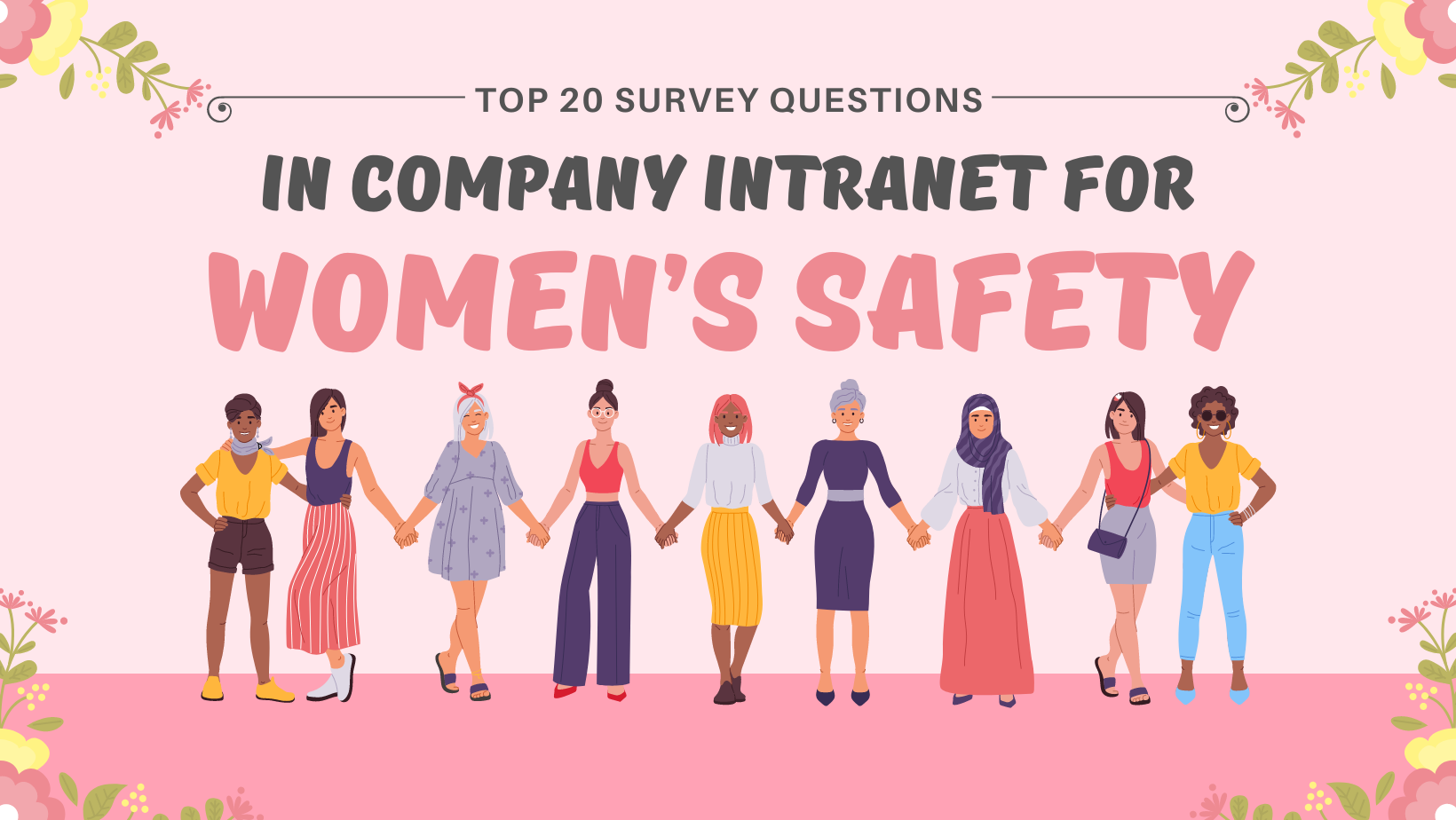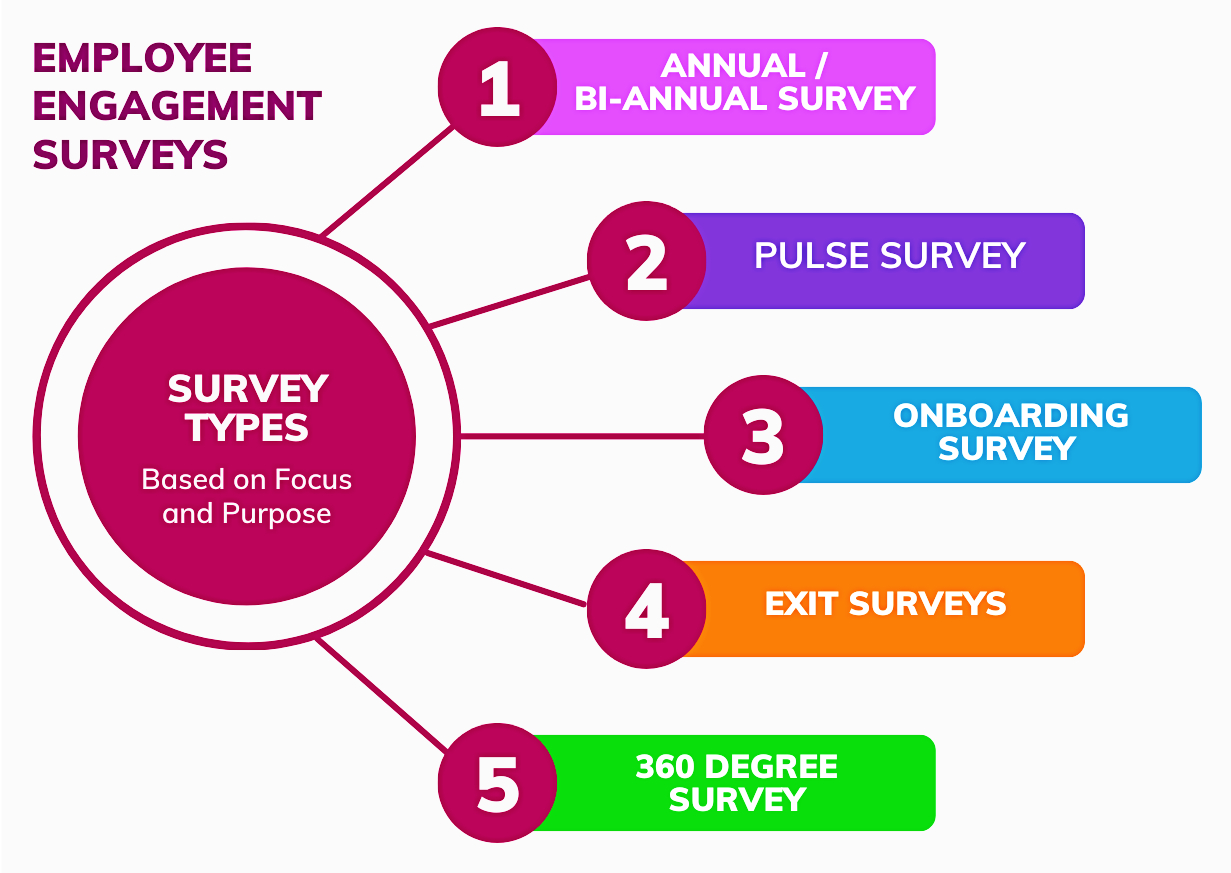Intranet surveys and polls serve as invaluable tools for organizations to gather feedback, insights, and opinions from their employees. These platforms allow companies to efficiently collect data on various topics such as employee satisfaction, engagement, workplace culture, and specific initiatives like women’s safety. By leveraging the intranet, organizations can create customized surveys with diverse question formats, ensuring anonymity and confidentiality to encourage honest responses. The collected data can then be analyzed to identify trends, and areas for improvement, and to inform strategic decision-making processes. Overall, intranet surveys and polls play a crucial role in fostering communication, engagement, and continuous improvement within companies.
Intranet surveys and polls serve as powerful tools for gathering feedback, insights, and opinions from employees within an organization. These tools enable HR departments, management teams, and other stakeholders to collect valuable data on various topics, including employee satisfaction, organizational culture, and process improvements. By designing targeted surveys and polls, organizations can gain a deeper understanding of their workforce’s needs, preferences, and areas for growth, ultimately informing strategic decision-making and driving positive change.
One of the key advantages of using intranet surveys and polls is their ability to facilitate anonymous feedback, allowing employees to express their thoughts and concerns candidly without fear of repercussions. This anonymity fosters trust and encourages honest responses, providing organizations with a more accurate representation of employee sentiment. Additionally, intranet surveys and polls can be easily distributed to a large audience, ensuring widespread participation and comprehensive data collection, even in geographically dispersed or remote work environments.
Furthermore, intranet surveys and polls empower employees to actively engage in shaping the future of their organization by giving them a voice in decision-making processes. By soliciting input on topics such as company policies, workplace initiatives, or upcoming changes, organizations demonstrate their commitment to listening to and valuing employee perspectives. Moreover, by sharing survey results transparently and taking action based on feedback, organizations can strengthen employee trust and morale, fostering a culture of openness, collaboration, and continuous improvement.


